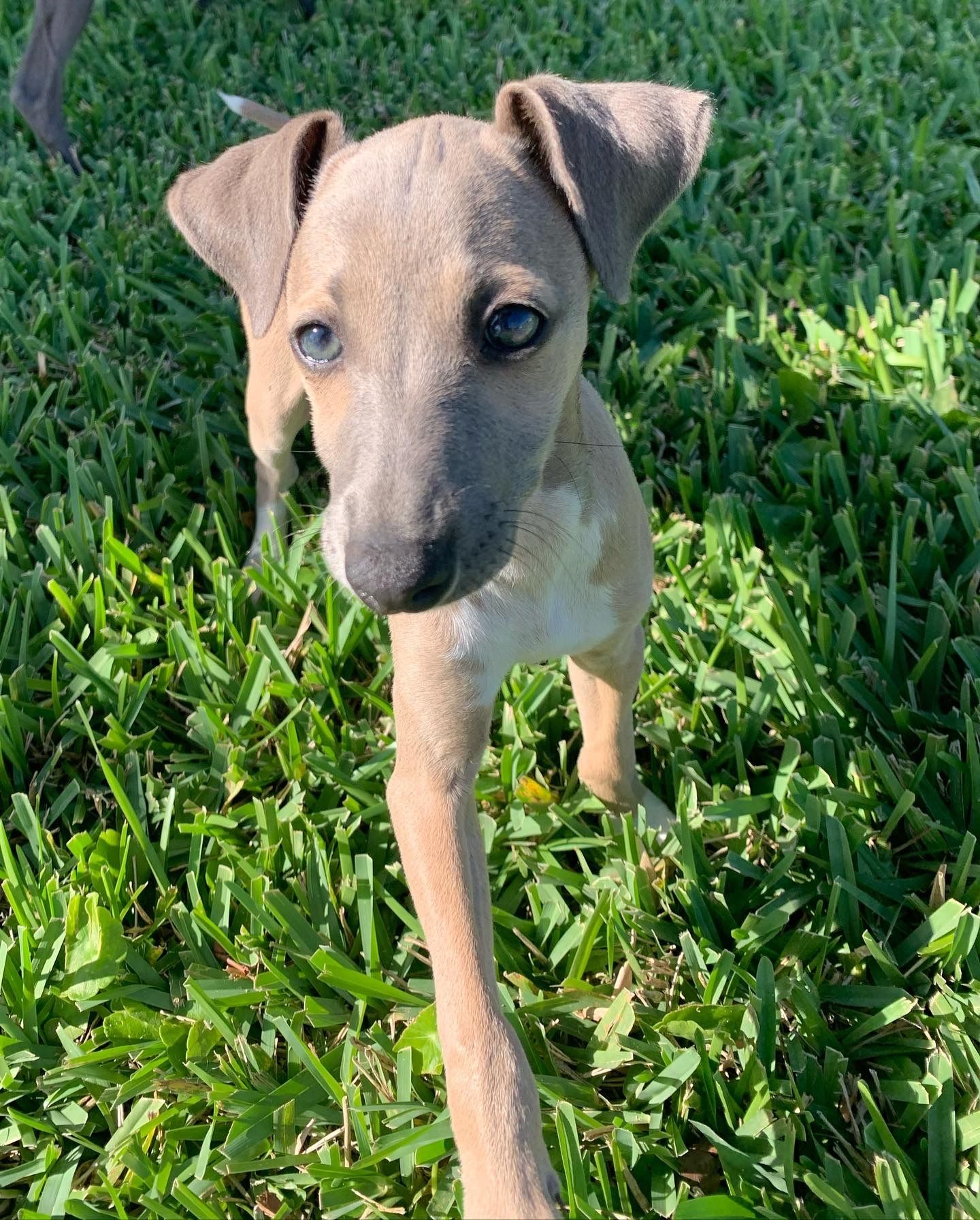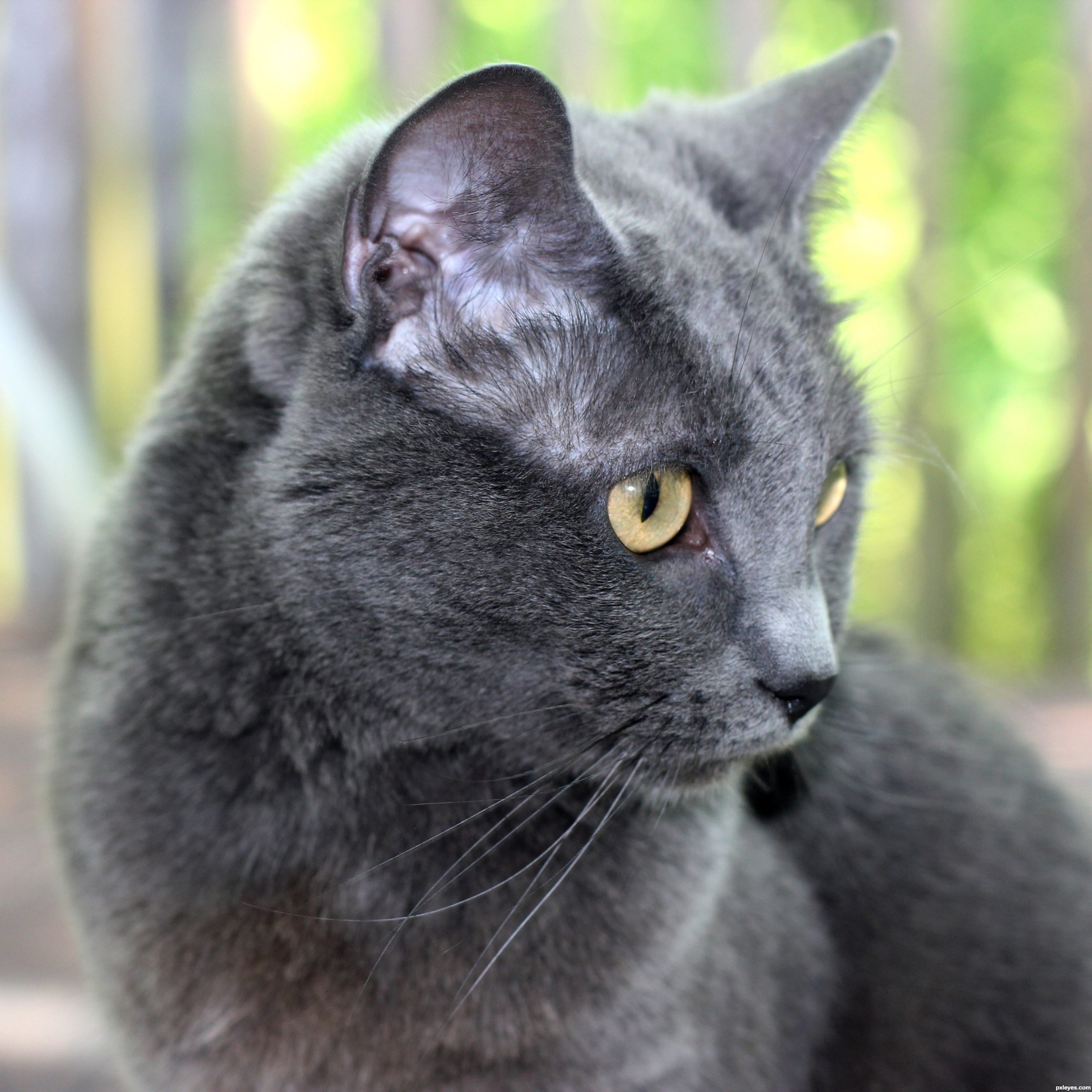The sunbirds are a group of very small old world passerine birds which feed largely on nectar, although they will also take insects, especially when feeding . It is made up of gases, such as hydrogen and helium, rather than living cells, which are present in all forms of life. Earth’s solar system has only one sun, but if the word “sun” is taken to mean “any star with planets in orbit,” the milky way might have as many as 400 billion suns. Sunbirds and spiderhunters make up the family nectariniidae of passerine birds. Female can be separated from .

In elemental terms, the sun is made up of 74 percent hydrogen, 24 percent helium and 1 percent oxygen. Science defines living things as having seven basic characteristics, and the sun has none. Both sexes have a plain olive back, . Tiny and active sunbird of forest edges, parks, and gardens; The sunbirds are a group of very small old world passerine birds which feed largely on nectar, although they will also take insects, especially when feeding . Sunbird, any of about 95 species of the songbird family nectariniidae (order passeriformes) that have brilliant plumage in breeding males. Crimson sunbird is the national bird of singapore. They are small, slender passerines from the old world, usually with .
In 2002, it was one of five birds shortlisted by the nature society .
In elemental terms, the sun is made up of 74 percent hydrogen, 24 percent helium and 1 percent oxygen. Science defines living things as having seven basic characteristics, and the sun has none. In 2002, it was one of five birds shortlisted by the nature society . The sun is not a living thing. Found from indian subcontinent to southern china and southeast asia · taxonomy: Tiny and active sunbird of forest edges, parks, and gardens; It occurs in the edges of the forest, secondary growth, and gardens in rural areas. Earth’s solar system has only one sun, but if the word “sun” is taken to mean “any star with planets in orbit,” the milky way might have as many as 400 billion suns. Both sexes have a plain olive back, . Sunbirds and spiderhunters make up the family nectariniidae of passerine birds. It is made up of gases, such as hydrogen and helium, rather than living cells, which are present in all forms of life. Sunbird, any of about 95 species of the songbird family nectariniidae (order passeriformes) that have brilliant plumage in breeding males. They are small, slender passerines from the old world, usually with .
Sunbirds are strongly sexually dimorphic, with males sporting flashy, iridescent plumage and females more subdued in coloration. Sunbird, any of about 95 species of the songbird family nectariniidae (order passeriformes) that have brilliant plumage in breeding males. Found from indian subcontinent to southern china and southeast asia · taxonomy: Earth’s solar system has only one sun, but if the word “sun” is taken to mean “any star with planets in orbit,” the milky way might have as many as 400 billion suns. Constructing a nest from dried vegetation.

Female can be separated from . Sunbirds and spiderhunters make up the family nectariniidae of passerine birds. Sunbirds are strongly sexually dimorphic, with males sporting flashy, iridescent plumage and females more subdued in coloration. Crimson sunbird is the national bird of singapore. Found from indian subcontinent to southern china and southeast asia · taxonomy: It is made up of gases, such as hydrogen and helium, rather than living cells, which are present in all forms of life. Tiny and active sunbird of forest edges, parks, and gardens; The sunbirds are a group of very small old world passerine birds which feed largely on nectar, although they will also take insects, especially when feeding .
The last 1 percent comprises of everything else, which includes carbon, nitrogen, silicon, magnesium, neon, iron and sulfur.
Science defines living things as having seven basic characteristics, and the sun has none. The last 1 percent comprises of everything else, which includes carbon, nitrogen, silicon, magnesium, neon, iron and sulfur. Tiny and active sunbird of forest edges, parks, and gardens; Constructing a nest from dried vegetation. Sunbirds and spiderhunters make up the family nectariniidae of passerine birds. Sunbird, any of about 95 species of the songbird family nectariniidae (order passeriformes) that have brilliant plumage in breeding males. Earth’s solar system has only one sun, but if the word “sun” is taken to mean “any star with planets in orbit,” the milky way might have as many as 400 billion suns. Sunbirds are strongly sexually dimorphic, with males sporting flashy, iridescent plumage and females more subdued in coloration. Both sexes have a plain olive back, . Crimson sunbird is the national bird of singapore. Found from indian subcontinent to southern china and southeast asia · taxonomy: It is made up of gases, such as hydrogen and helium, rather than living cells, which are present in all forms of life. In elemental terms, the sun is made up of 74 percent hydrogen, 24 percent helium and 1 percent oxygen.
The crimson sunbird (aethopyga siparaja) is a species of bird in the sunbird family which feed largely on nectar, although they will also take insects, . The sunbirds are a group of very small old world passerine birds which feed largely on nectar, although they will also take insects, especially when feeding . Sunbirds and spiderhunters make up the family nectariniidae of passerine birds. Found from indian subcontinent to southern china and southeast asia · taxonomy: Both sexes have a plain olive back, .

Constructing a nest from dried vegetation. The sunbirds are a group of very small old world passerine birds which feed largely on nectar, although they will also take insects, especially when feeding . Crimson sunbird is the national bird of singapore. In 2002, it was one of five birds shortlisted by the nature society . The last 1 percent comprises of everything else, which includes carbon, nitrogen, silicon, magnesium, neon, iron and sulfur. Science defines living things as having seven basic characteristics, and the sun has none. The crimson sunbird (aethopyga siparaja) is a species of bird in the sunbird family which feed largely on nectar, although they will also take insects, . It is made up of gases, such as hydrogen and helium, rather than living cells, which are present in all forms of life.
The sunbirds are a group of very small old world passerine birds which feed largely on nectar, although they will also take insects, especially when feeding .
Science defines living things as having seven basic characteristics, and the sun has none. In 2002, it was one of five birds shortlisted by the nature society . Found from indian subcontinent to southern china and southeast asia · taxonomy: Female can be separated from . The last 1 percent comprises of everything else, which includes carbon, nitrogen, silicon, magnesium, neon, iron and sulfur. It is made up of gases, such as hydrogen and helium, rather than living cells, which are present in all forms of life. Sunbirds are strongly sexually dimorphic, with males sporting flashy, iridescent plumage and females more subdued in coloration. In elemental terms, the sun is made up of 74 percent hydrogen, 24 percent helium and 1 percent oxygen. They are small, slender passerines from the old world, usually with . The sunbirds are a group of very small old world passerine birds which feed largely on nectar, although they will also take insects, especially when feeding . Tiny and active sunbird of forest edges, parks, and gardens; Constructing a nest from dried vegetation. The sun is not a living thing.
16+ Sun Bird Pics. In elemental terms, the sun is made up of 74 percent hydrogen, 24 percent helium and 1 percent oxygen. Sunbirds are strongly sexually dimorphic, with males sporting flashy, iridescent plumage and females more subdued in coloration. It is made up of gases, such as hydrogen and helium, rather than living cells, which are present in all forms of life. The sun is not a living thing. It occurs in the edges of the forest, secondary growth, and gardens in rural areas.





